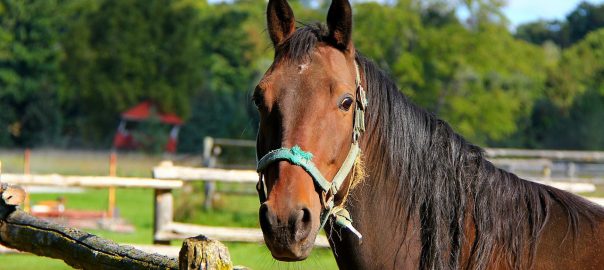Although summer is wrapping up, these later summer months can often be some of the hottest. Heat can be dangerous for horses resulting in dehydration, lethargy, malaise, stress and even colic.
It’s important to know the right steps to take when looking after your horses during the warmer months. Consider these five useful tips to prevent heat exhaustion and other trauma to your horses in the heat:
- Provide Shade Seems obvious enough, but if your horse grazes outdoors or must be outside during the day, provide some sort of relief from the sun. Whether that be a horse shade shelter or some other source. Sure, trees are a source of shade, but as the sun moves, so will the shade. Choosing cooler turnout times is another way to prevent your horse from being in the heat for too long. If your horse has a stall, but is turned out for part of the day, provide turnout during the cooler hours – preferably nighttime if at all possible.
- Mist Your Horse Misting systems for horses are extremely beneficial. As moisture is absorbed from the horse’s skin, it takes away some of the heat. Frequent mistings are far more effective than one single dousing of a horse.
- Provide an Electrolyte Source Your horse should be provided fresh, cool water throughout the day. Buckets that hang off of a fence get warm and don’t appeal to the horses. If left long enough, the water can actually become unhealthy. Providing a salt block can help the water stay laced with electrolytes that help keep its body in balance. However, not all horses drink electro-laced water, so be sure to provide another source of water to ensure they’ll stay drinking.
- Slow Down If you work your horse in the heat, lighten the work or spread it out over a series of shorter sessions than you would normally – especially when humidity levels are high. There’s no need to truck through a days’ worth of work in the heat. It’s not safe for you, or the horse and you don’t want to spread yourself too thin.
- Stick to a Schedule Within the parameters of keeping your horse cool, stay as close as possible to their normal schedules. Throwing off their routine schedule can add confusion and imbalance. Too much change at once can be an invitation for a colic.
If you are concerned that your horse is suffering from a heat stroke, heat exhaustion or other heat-related stress, call your veterinarian immediately and get your horse into a safer, cooler environment.
